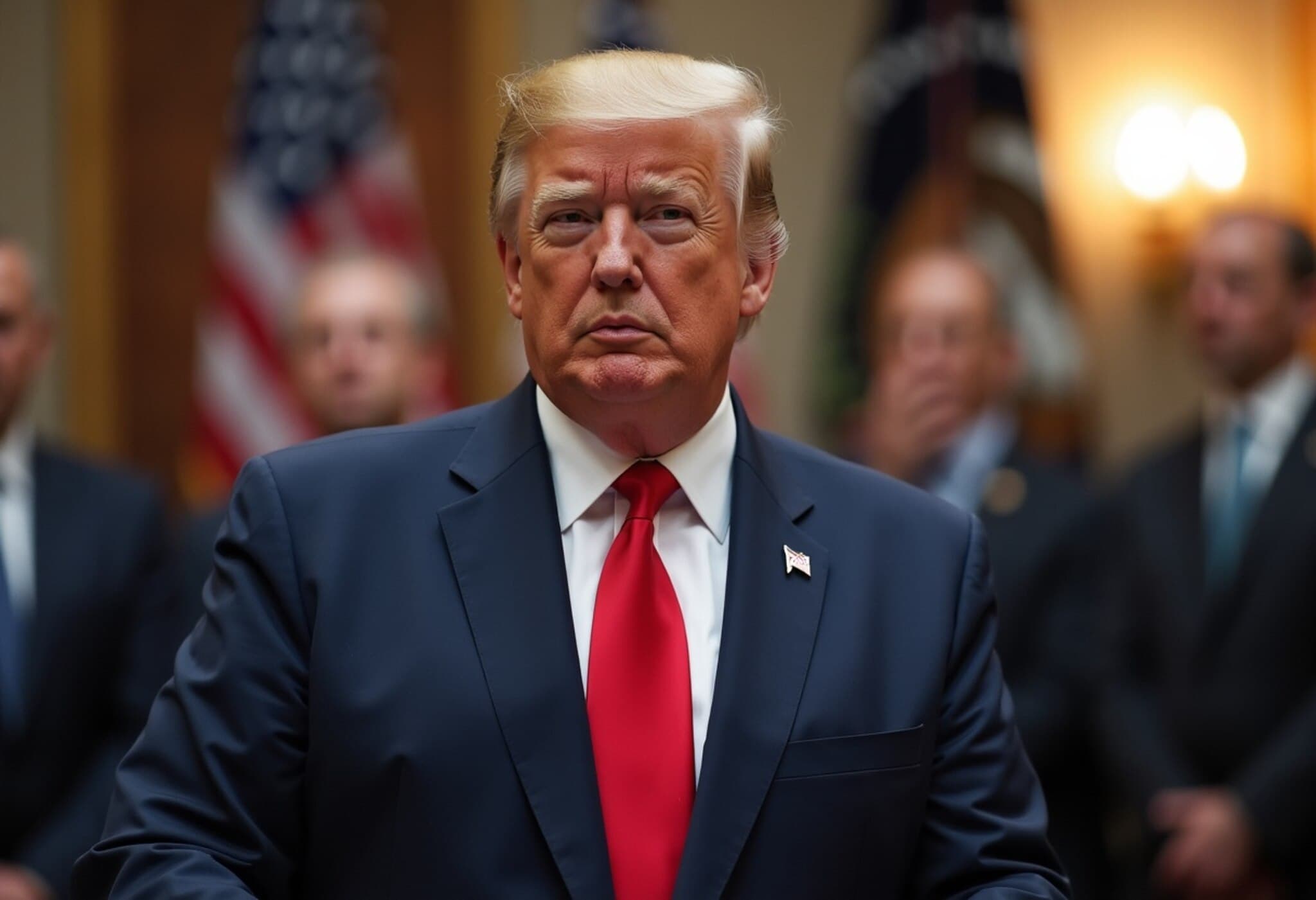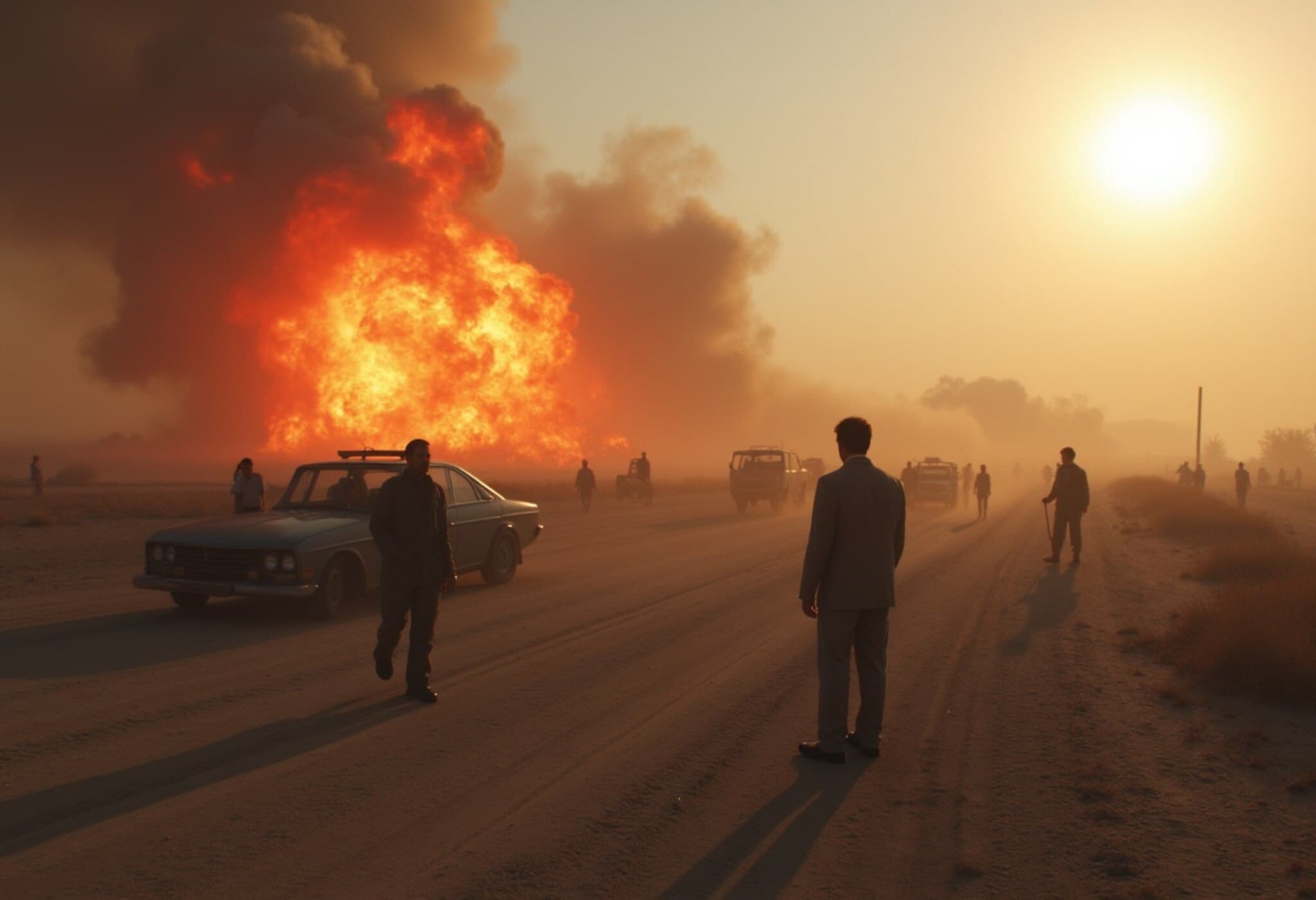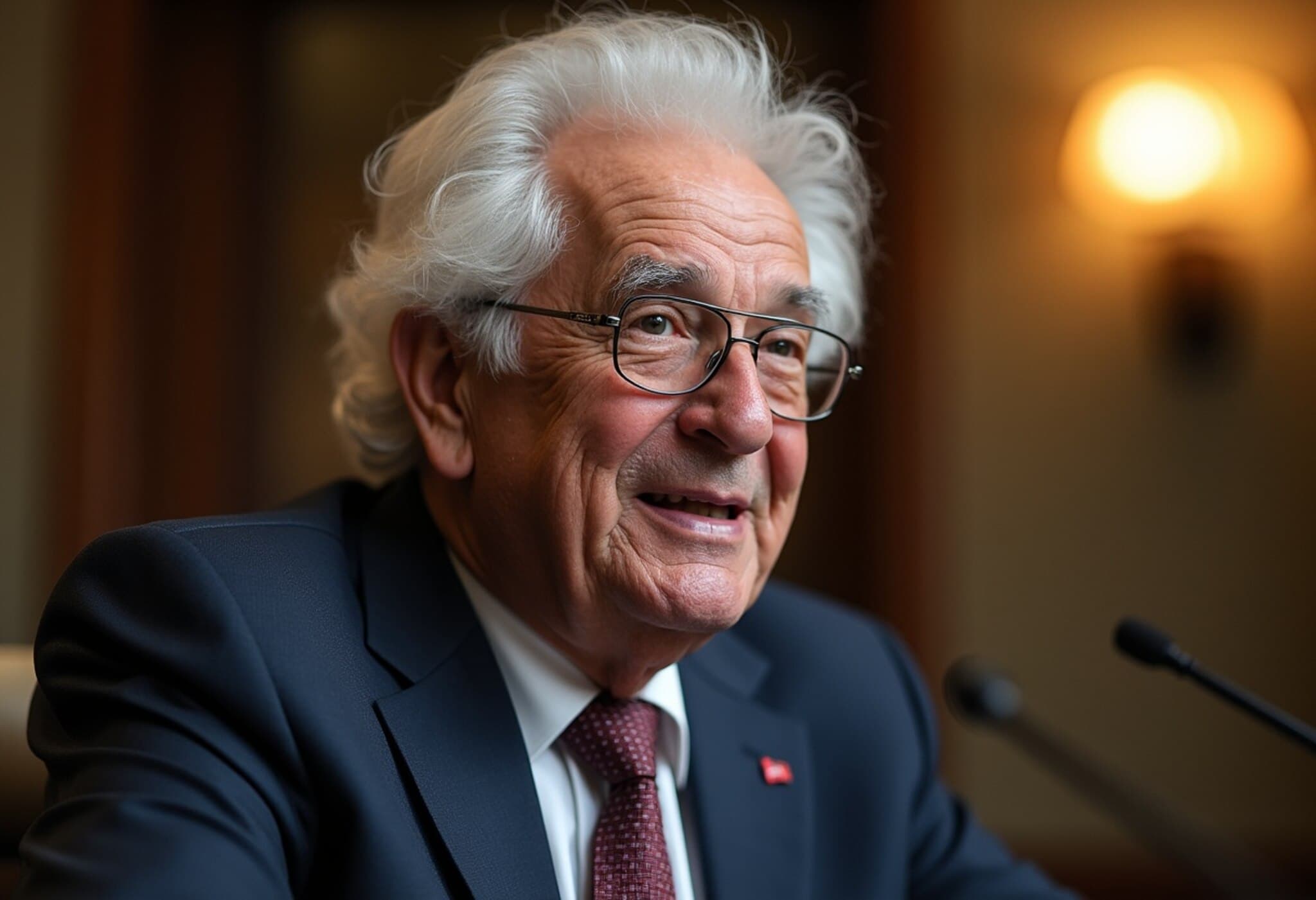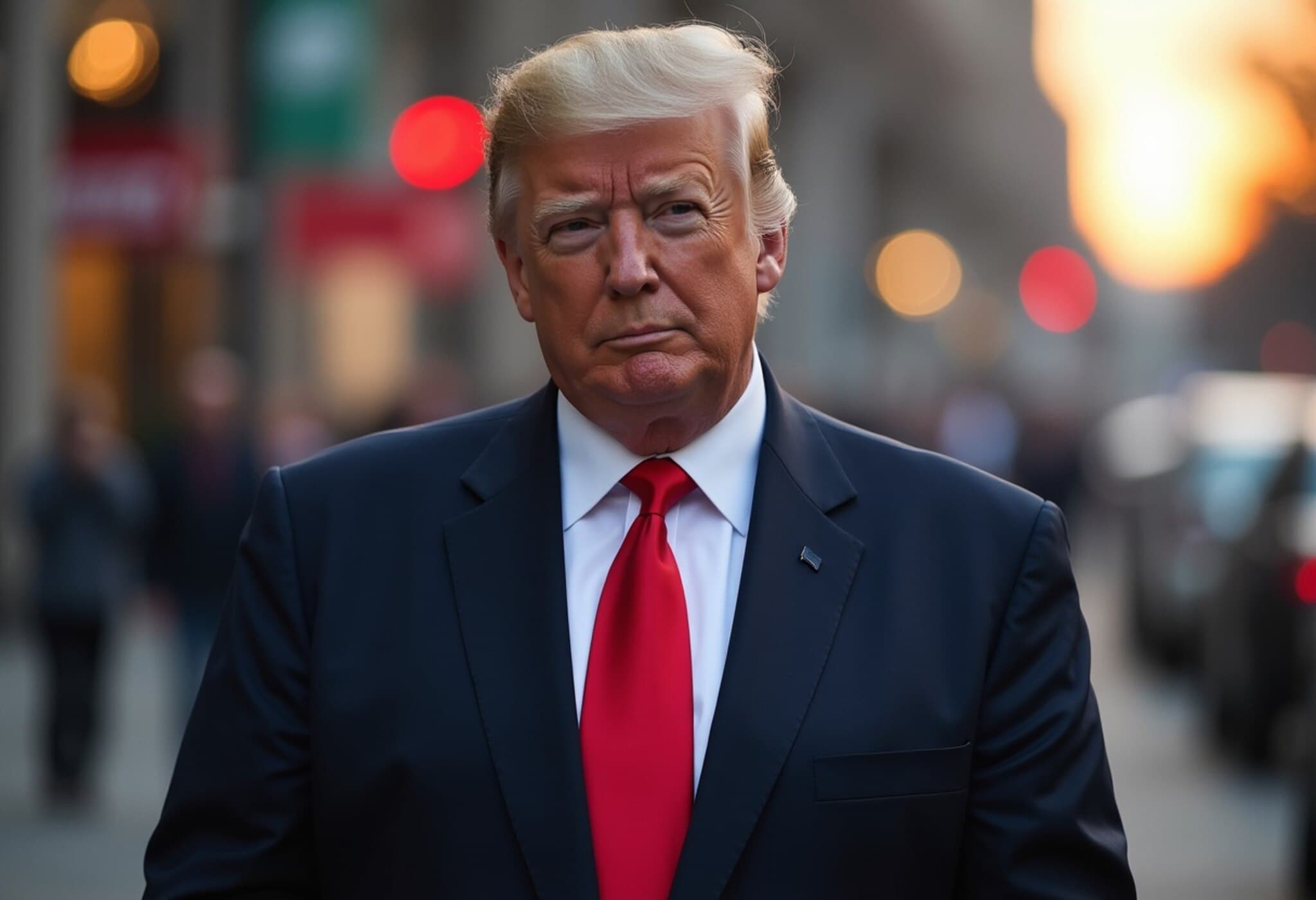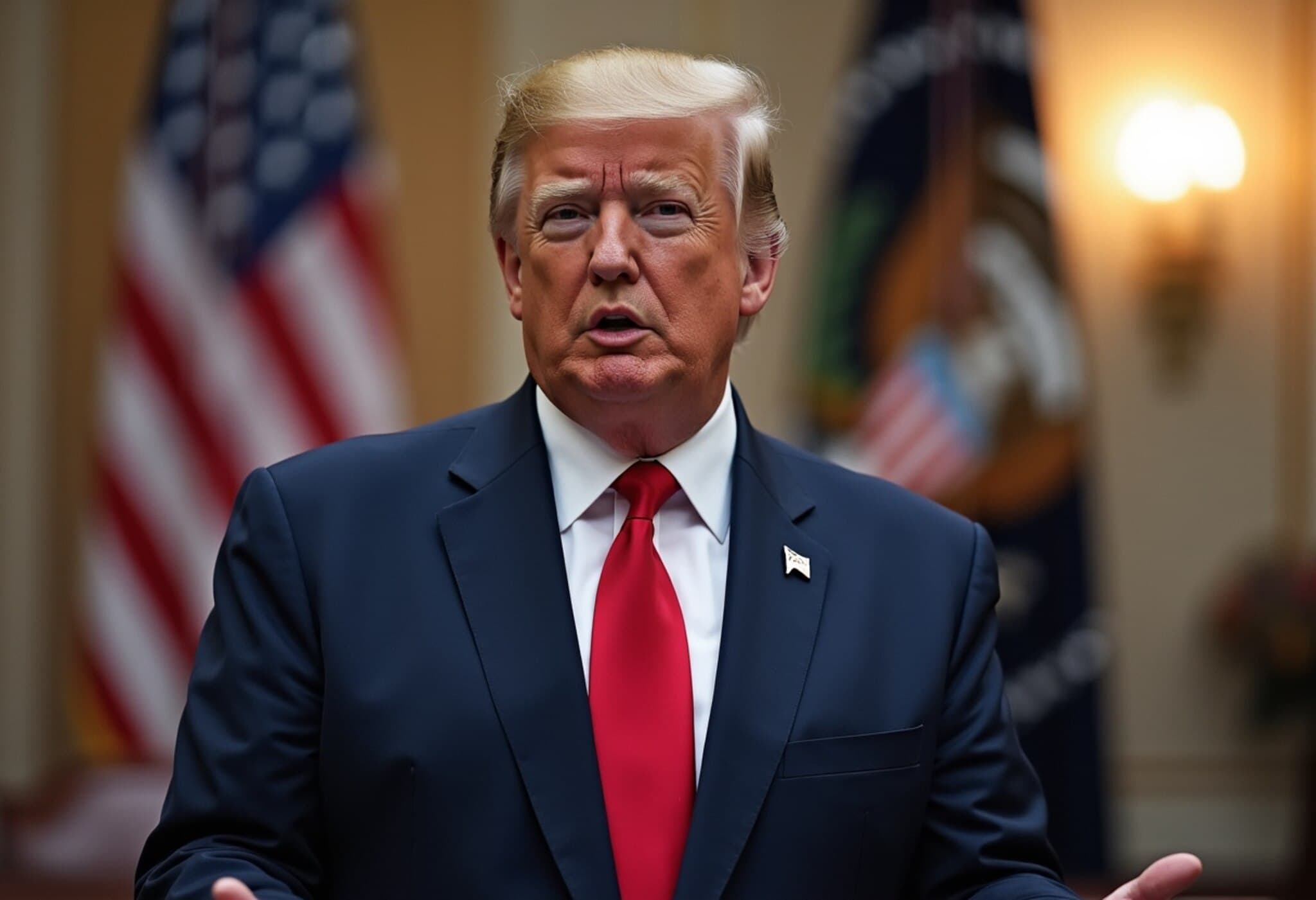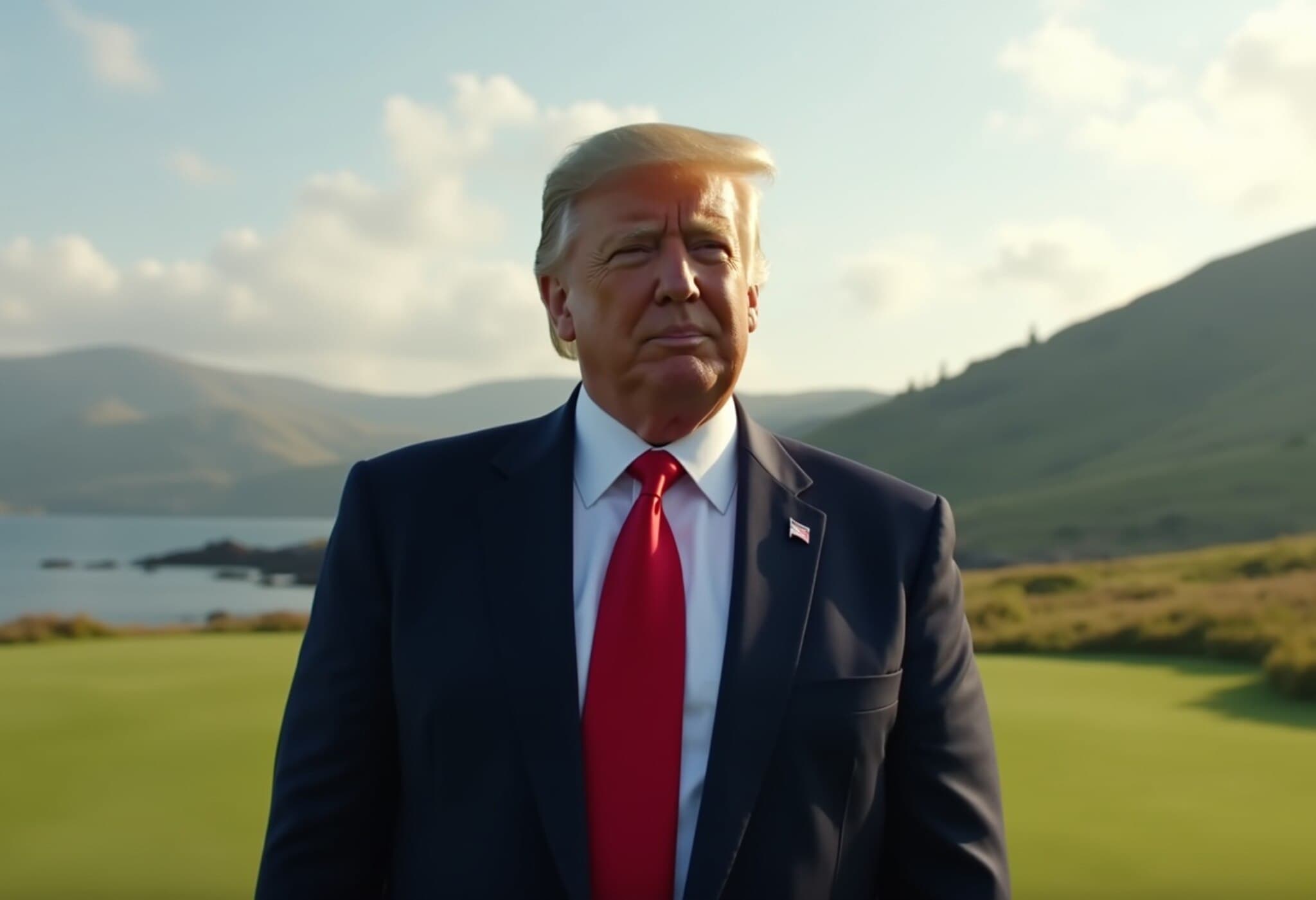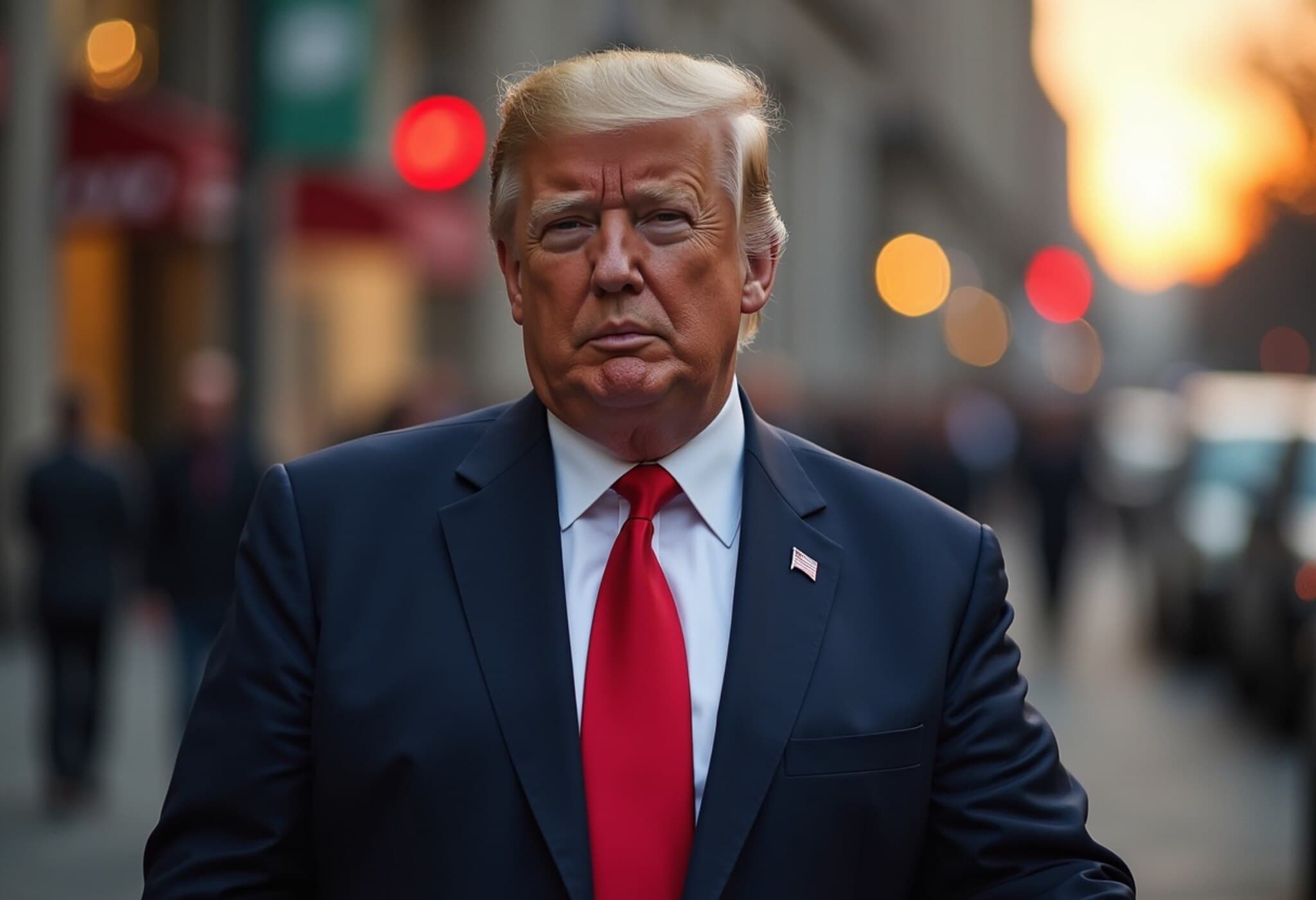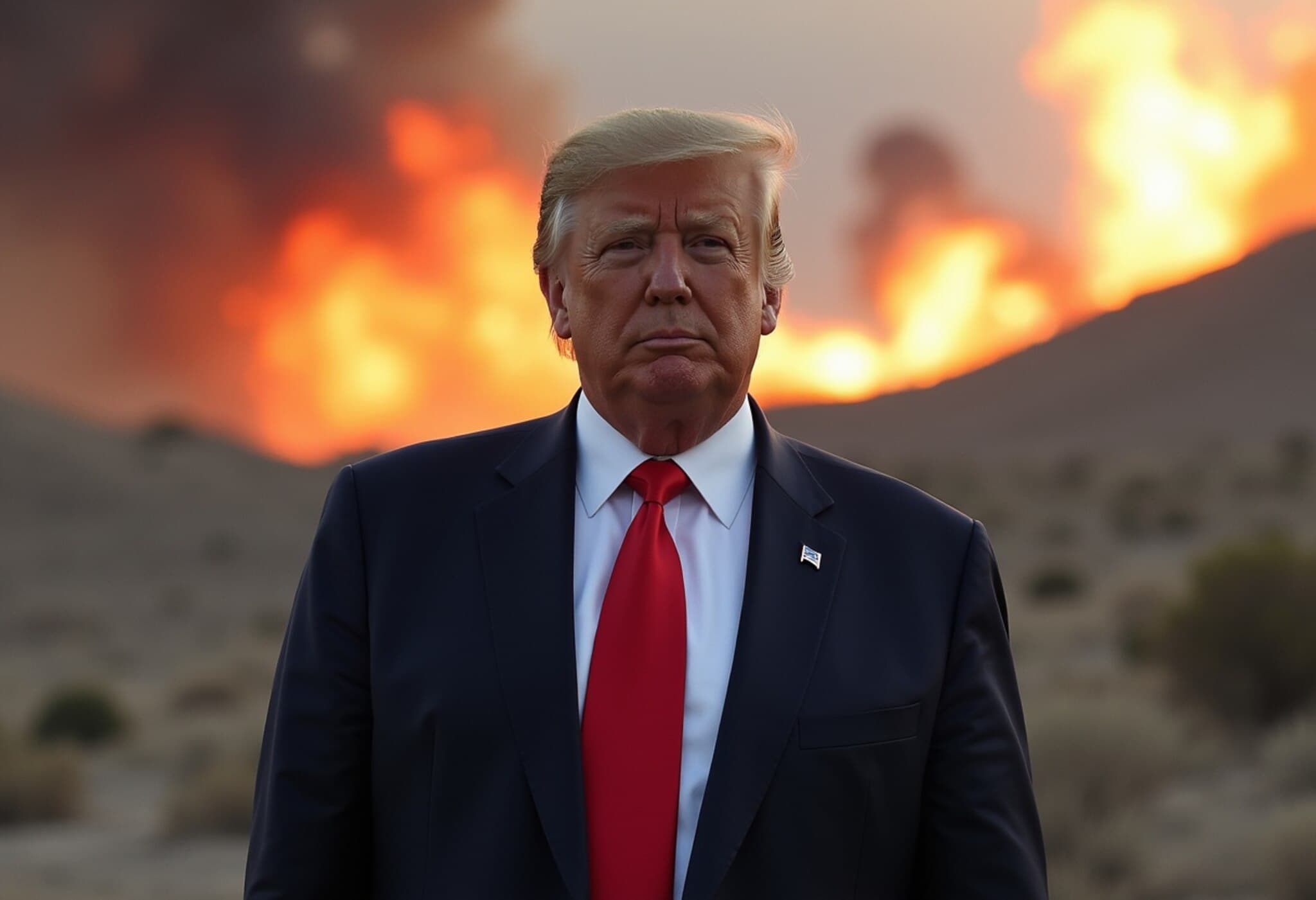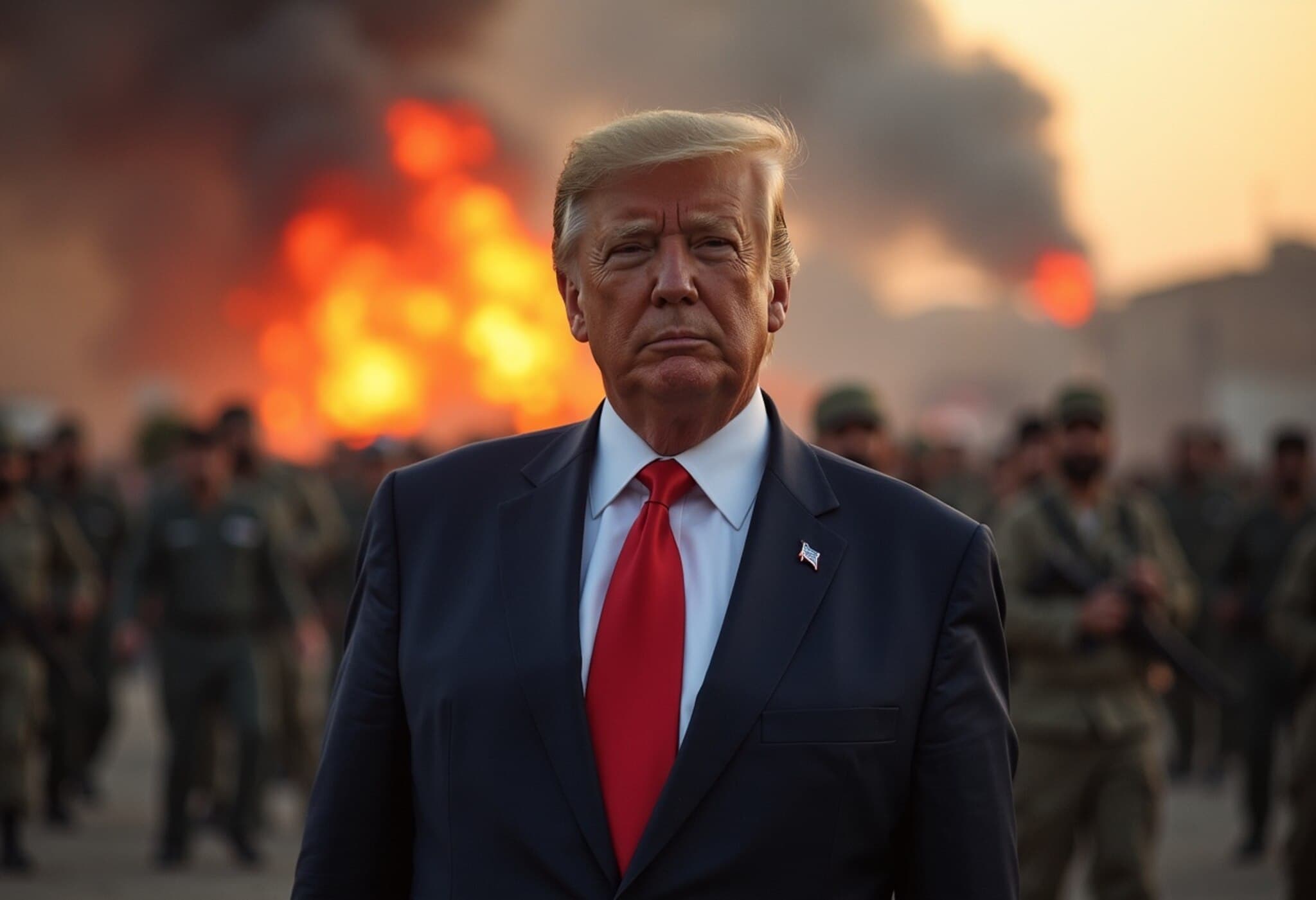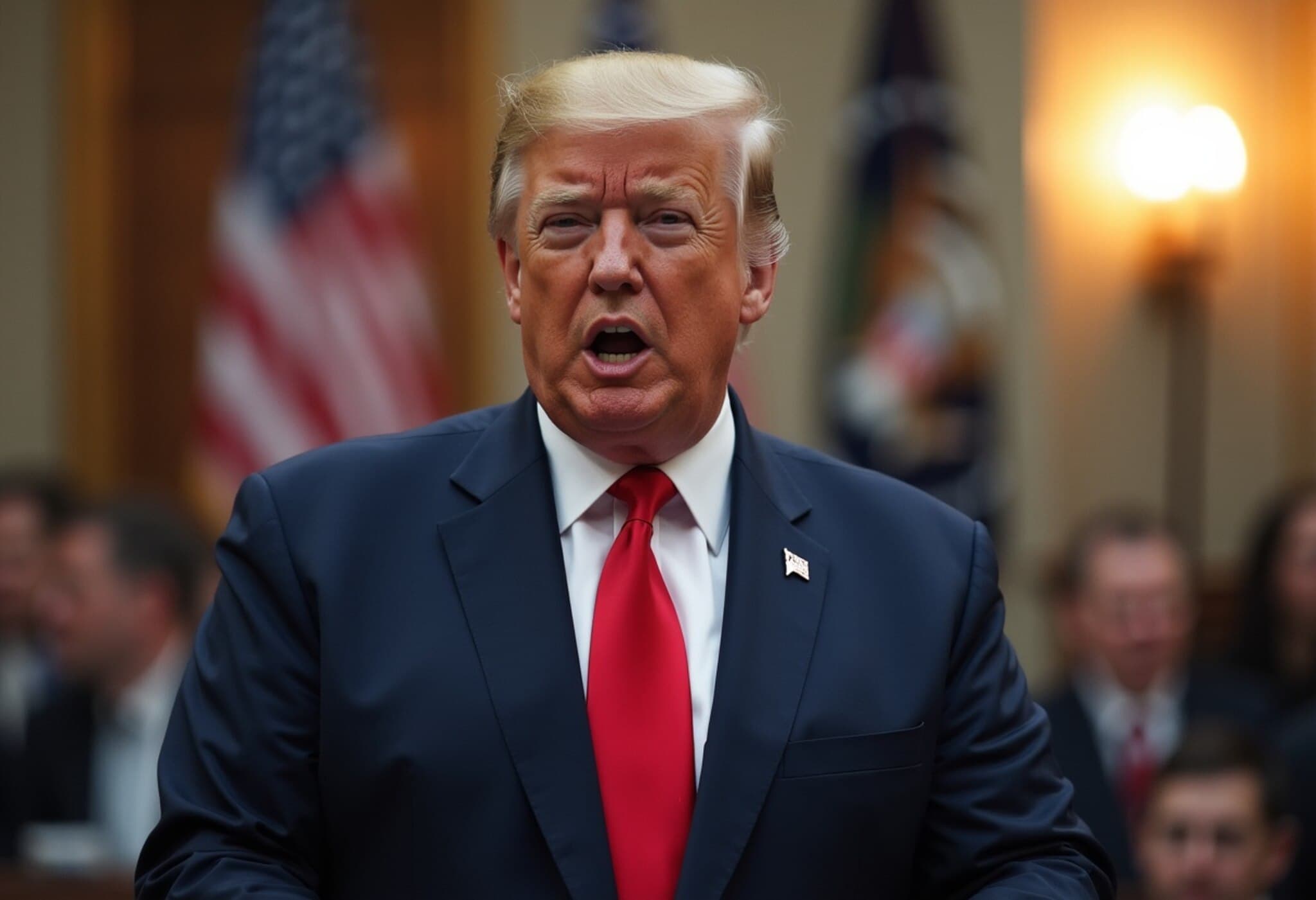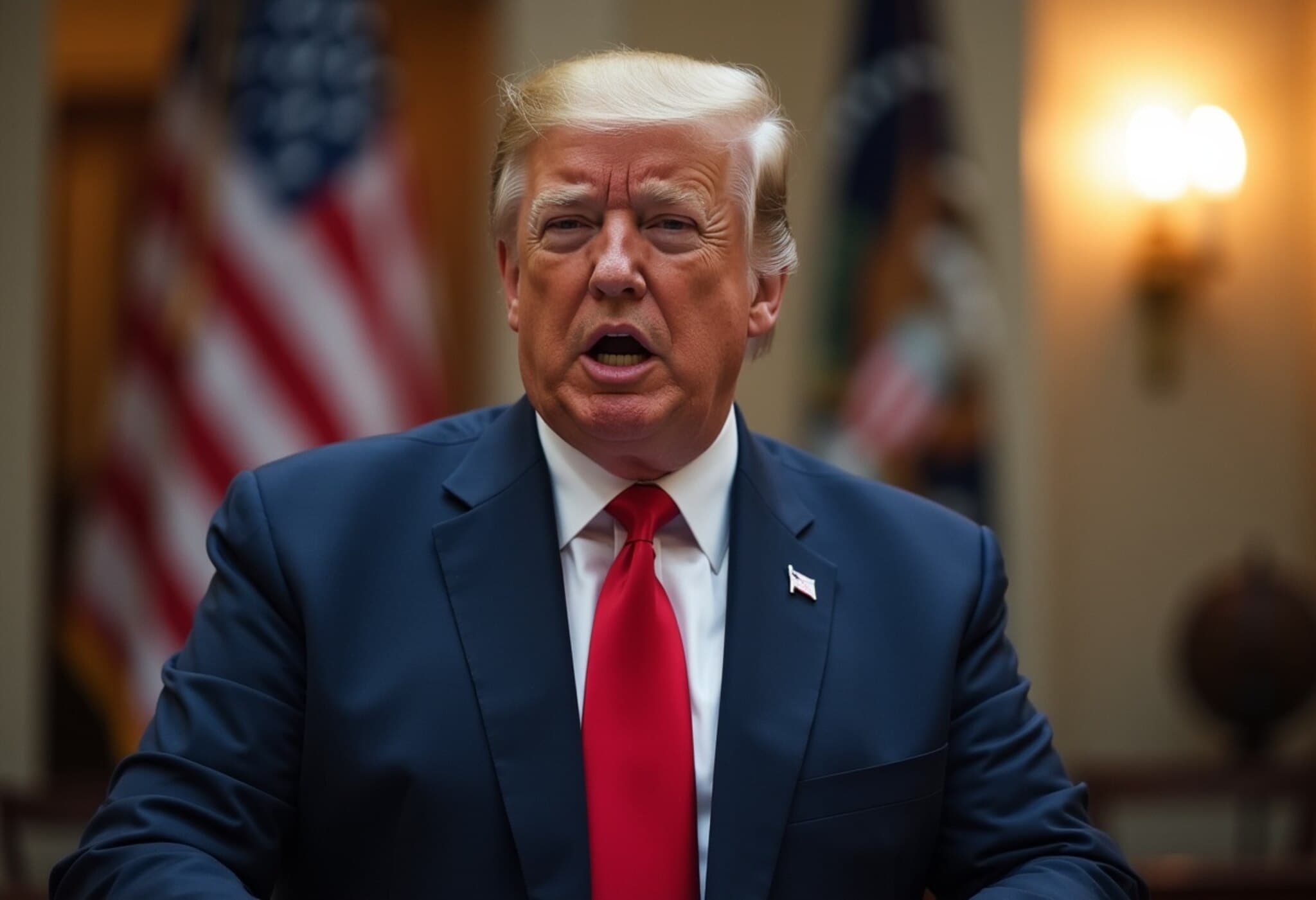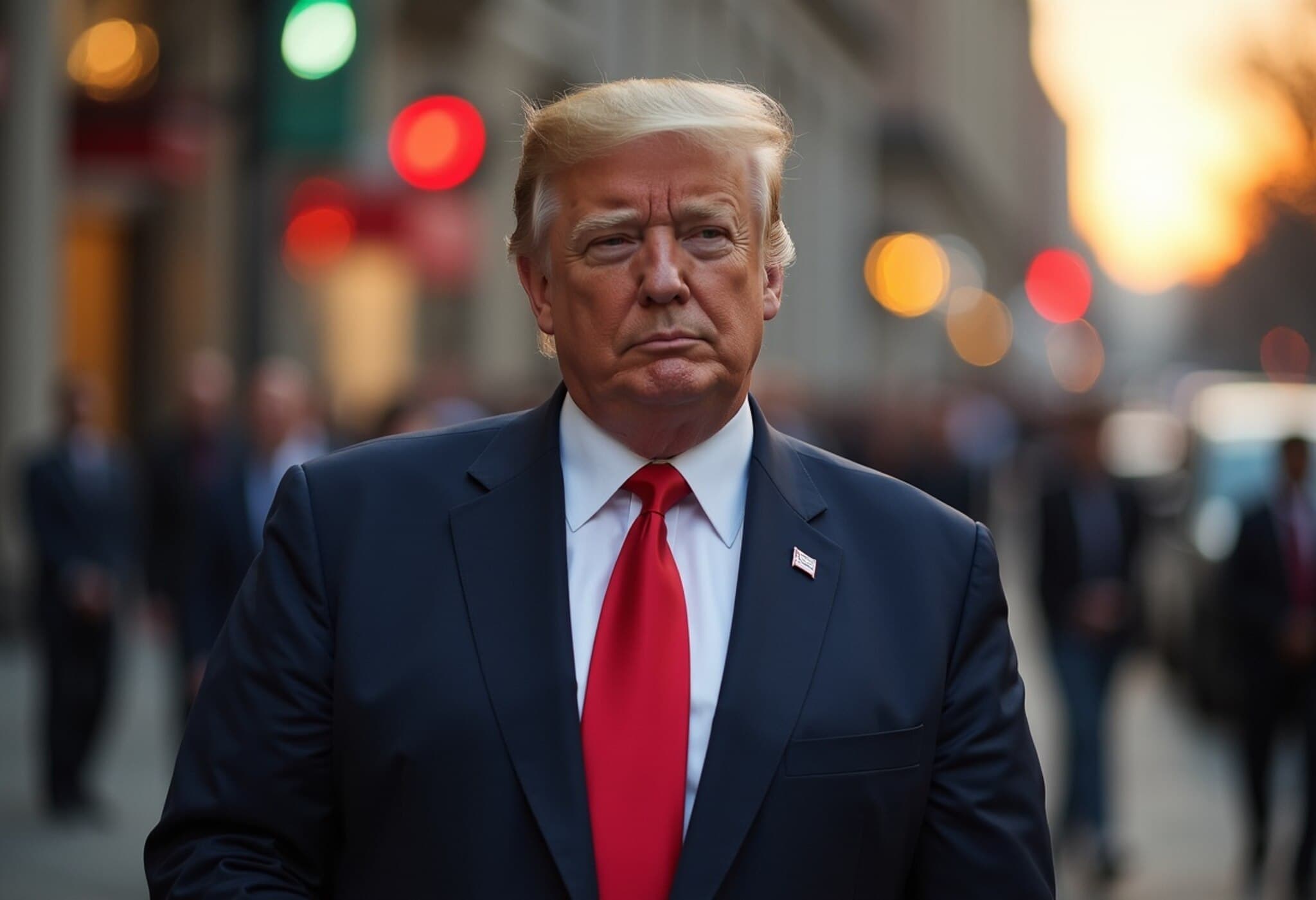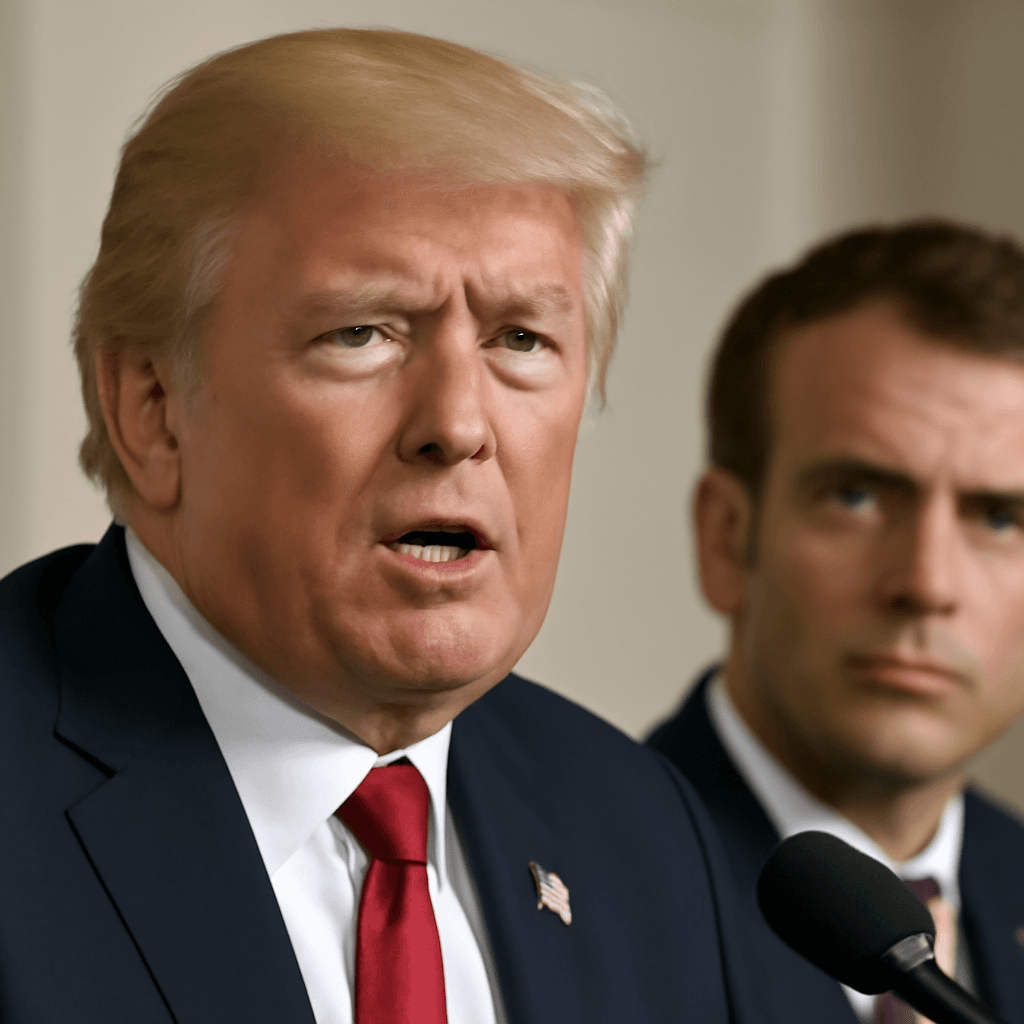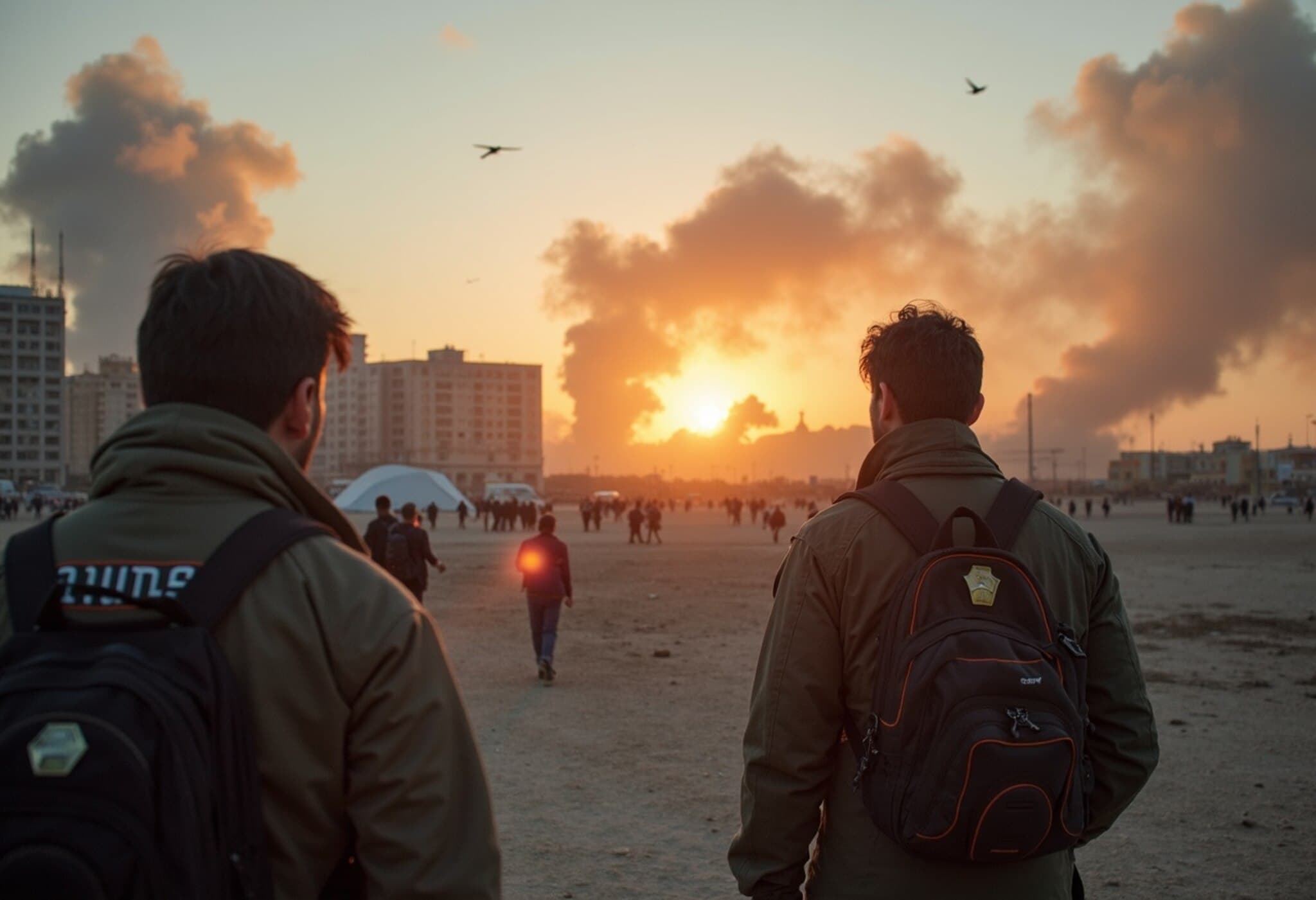Trump Brokers Ceasefire Amidst Israel-Iran Tensions
In a surprising turn of events, US President Donald Trump announced that a ceasefire between Israel and Iran is now in effect, despite mixed reactions from both countries. While Israel has yet to publicly acknowledge the agreement, Iran's Foreign Minister Abbas Araghchi initially dismissed the claim.
Behind the Scenes: Dual Track Diplomacy
A senior White House official revealed that President Trump engaged in direct talks with Israeli Prime Minister Benjamin Netanyahu, while his team, which included Vice President JD Vance, conducted separate negotiations with Tehran. This two-pronged approach was key in de-escalating the conflict that had surged following recent US strikes on Iran’s nuclear facilities.
Key Players and Communications
- Vice President JD Vance, Secretary of State Marco Rubio, and US Special Envoy Steve Witkoff were instrumental in dialogues with Iranian representatives.
- The White House initiated contact swiftly after US military actions, with Trump reportedly instructing his team to "Get me Bibi. We're going to make peace."
- Diplomatic channels included coordination with Qatar’s leadership; President Trump informed Qatar’s Emir about the ceasefire and enlisted their help in persuading Iran.
Iran's Response and Acknowledgement
Although initially denying a ceasefire, Iran’s state-run news network later broadcast that the Islamic Revolutionary Guard Corps (Sepah) had enforced a ceasefire owing to their successful missile operations and the nation’s solidarity. The network stated this had compelled the enemy to halt hostilities.
Trump’s Vision of Lasting Peace
Trump expressed optimism regarding the longevity of the ceasefire. In an interview, he claimed the agreement was "unlimited" and expected it to endure indefinitely. When questioned about the finality of the conflict, he confidently stated, "Yes. I don't believe they will ever be shooting at each other again."
What This Means Moving Forward
The ceasefire agreement marks a significant de-escalation after a week of heightened tensions and direct military strikes. While official confirmations remain pending from Israeli authorities, the efforts by the White House reveal a complex, behind-the-scenes diplomatic push to stabilize the volatile region.
Summary of key takeaways:
- Trump talked directly with Netanyahu while his team engaged Iran.
- Iran initially rejected but later accepted the ceasefire under public pressure.
- Qatar's leadership served as a crucial intermediary in the ceasefire negotiations.
- Trump envisions the ceasefire lasting indefinitely, ending the hostilities.

